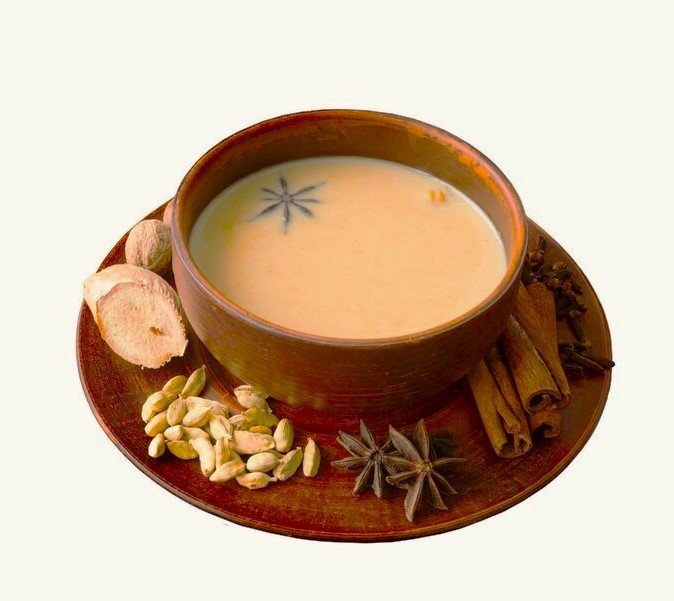The Aromatic Journey of Masala Tea: History, Ingredients, and Health Benefits

The Rich History and Cultural Significance of Masala Tea
Masala tea, known as “masala chai” in India, boasts a rich history that dates back to ancient times. Originating in the Indian subcontinent, masala tea was initially crafted as a potent Ayurvedic remedy, blending a variety of spices known for their medicinal properties. This aromatic beverage was believed to balance the doshas, or bodily humors, promoting overall health and well-being. Over centuries, masala tea has transcended its medicinal roots to become a beloved staple in everyday life.
The evolution of masala tea from a health tonic to a daily delight is a testament to its enduring appeal. By the early 20th century, the British colonial influence introduced black tea leaves to the traditional spice mix, giving rise to the modern version of masala tea. This fusion of cultures created a unique beverage that harmonized the robust flavor of black tea with the warming spices of India.
Masala tea holds a special place in Indian society and is deeply woven into the cultural fabric. It is not merely a drink but a symbol of hospitality and warmth. Serving masala tea to guests is a gesture of welcome and respect, often accompanied by lively conversations and bonding. The beverage is also integral to various Indian festivals and social gatherings, where it is enjoyed by people of all ages.
The diversity of India’s culinary traditions is reflected in the regional variations of masala tea. Each region boasts its unique blend of spices and preparation methods, showcasing the local cultural nuances. For instance, in the northern states, masala tea might include a generous amount of cardamom and cloves, while in the southern regions, it could be infused with ginger and black pepper. These variations not only highlight the versatility of masala tea but also celebrate the rich tapestry of Indian cuisine.
Today, masala tea is enjoyed worldwide, transcending cultural boundaries. It continues to serve as a comforting beverage that brings people together, whether in bustling urban cafes or quiet rural homes. The journey of masala tea, from ancient Ayurvedic remedy to global favorite, underscores its timeless appeal and enduring cultural significance.
Ingredients, Preparation, and Health Benefits of Masala Tea
Masala tea, a traditional Indian beverage, is renowned for its rich, aromatic flavors and numerous health benefits. The key ingredients of a classic masala tea blend include black tea, cardamom, cinnamon, ginger, cloves, and peppercorns. Each of these ingredients contributes uniquely to the overall flavor profile and health benefits of the tea.
Black tea serves as the base, imparting a robust and slightly astringent taste. Cardamom adds a sweet, floral note, while cinnamon contributes a warm, woody flavor. Ginger, known for its pungent and spicy characteristics, provides a zesty kick. Cloves introduce a strong, aromatic quality, and peppercorns lend a subtle heat. These spices not only create a harmonious blend but also offer an array of health benefits.
To prepare masala tea at home, start by boiling water and adding black tea leaves. Next, crush the spices slightly to release their essential oils and add them to the boiling water. Let the mixture simmer for a few minutes before adding milk and sweetener, such as sugar or honey, to taste. Allow the tea to simmer until the flavors are well blended. Strain the mixture into cups and enjoy. For a personalized touch, you can adjust the quantity of each spice according to your preference.
Masala tea is celebrated for its health-promoting properties. The spices used in the blend are known to aid digestion, boost immunity, and exhibit anti-inflammatory effects. For instance, ginger and black pepper enhance digestive function, while cinnamon and cloves possess powerful antioxidant properties. Cardamom is known to help detoxify the body and improve respiratory health.
The growing popularity of masala tea in the global wellness community is a testament to its compelling combination of flavor and health benefits. Today, masala tea is available in various forms, from loose leaf tea to ready-made tea bags and concentrates, making it accessible to a wider audience.
